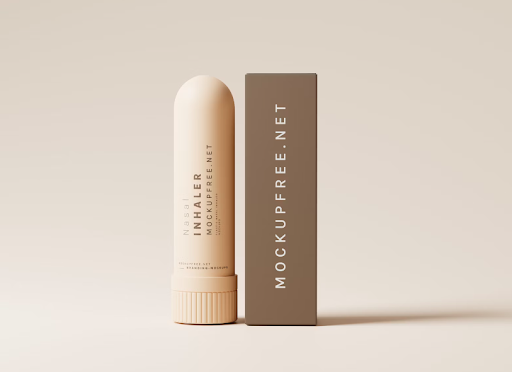If you are dealing with a sinus infection, you are not alone. Several people wake up and go to bed with the same problem every day. Sinus can take a toll on your physical and mental health and also compromise your overall quality of life.
This aching, stabbing, and throbbing pain may feel impossible to deal with, but that is not at all true. There are several ways for you to release your sinus pressure to be able to breathe fully and make your life a lot easier.
If you are eager to know these ways, keep on reading.
1. Use Antibiotics and Decongestants
The first step to take in case you suspect your sinus to be the cause of your problems is to book a Sinus Exam. Once it is determined that the sinus, in fact, is the culprit, you can make antibiotics and decongestants your new best friend.
Antibiotics are known to instantly make you feel relaxed after a sinus problem. You will feel your headache reducing and the pressure on your eyes settling. However, if you have any pre-existing health conditions or medication being used, make sure to let your healthcare provider know about it before using antibiotics.
Do not forget to use decongestants to reduce your sinus pressure and pain. They may provide you with temporary relief so that you can go on with your day.
2. Focus on the Pressure Points
You can agree that certain areas of your face and neck are more affected by sinus. You can stimulate a certain area by applying pressure to it. The right technique can give you instant relief. You can massage your cheekbones, sinuses, and your lower jaw.
You can follow these practices at home, but also consider a physiotherapy session to drain lymph away from your face. The right care can help you reduce swelling by breaking lymph. You will feel a visual improvement and a relief from pain instantly.
3. Drink More
Staying hydrated is the key to alleviating sinus pressure. If you do not drink plenty of fluids, your mucus will thicken, leading to added swelling and a lot of pain. Hence, it is important for you to always keep a bottle of water by your side.
Otherwise, thick mucus may clog your sinuses, resulting in congestion and pressure. This problem over time can lead to an infection or bacterial growth. It is better to keep yourself hydrated before the problem progresses any further.
4. See a Surgeon
While there are so many tips and tricks out there to help you deal with sinus, sometimes, caring for your condition by yourself is not enough. If you have chronic sinusitis, you may be recommended for surgery to cater to the condition.
Sometimes, using saline water may only be flushing your nose, not your sinuses. In such circumstances, surgery can correct any abnormal structures, such as nasal polyps or deviated septum, to help you improve your health and overall quality of life.

